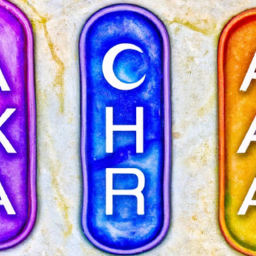
?
Chakras, also known as energy centers, are an integral part of various spiritual practices and holistic healing techniques. They are believed to be the key to achieving balance and harmony in the mind, body, and spirit. But have you ever wondered how chakras were discovered? Who were the first people to understand this concept and how did they come to this realization? In this article, we will take a deep dive into the history of chakras and trace their origins.
Ancient Origins
The concept of chakras can be traced back to ancient times, particularly in Indian and Chinese cultures. In India, the earliest mention of chakras can be found in the Vedas, which are Hindu scriptures dating back to 1500-500 BCE. The Vedas describe chakras as energy centers within the body that correspond to different physical, emotional, and spiritual aspects of a person.
In China, the concept of chakras is known as the ”qi” or “chi”, which means life force or vital energy. The Chinese believed that this energy flows through the body, and if there is an imbalance or blockage, it can lead to physical or emotional illness. They also developed different techniques such as acupuncture and qigong to balance and stimulate the flow of qi in the body.
The Influence of Yoga
Yoga, a spiritual and physical practice that originated in ancient India, has also played a significant role in the discovery of chakras. In the 6th century BCE, the sage Patanjali wrote the Yoga Sutras, which outlined the eight limbs of yoga. One of these limbs, known as Pranayama, focuses on controlling the breath to increase and channel prana (vital life force energy). This concept of prana is closely linked to chakras, as the movement of prana is believed to stimulate and balance these energy centers.
In the 20th century, a scholar and spiritual leader named Swami Vivekananda introduced the concept of chakras to the Western world. He translated and popularized texts on the subject, and his lectures were instrumental in bringing attention to the chakra system and its importance in the practice of yoga.
The Modern Understanding of Chakras
In the 20th century, a Western perspective of chakras began to emerge. Psychologist Carl Jung introduced the concept of the “psychic centers” in the body, which he believed were connected to the nervous system and influenced a person’s emotional and physical well-being. This theory is similar to the concept of chakras and their association with different aspects of the body and mind.
In the 1970s, the New Age movement brought further awareness and interest in chakras, with the use of meditation, crystals, and other healing techniques to balance and align these energy centers. Today, chakras are widely recognized and studied in various fields, including spirituality, psychology, and alternative medicine.
In Conclusion
In conclusion, chakras have a long history, dating back to ancient civilizations and being influenced by various spiritual and cultural beliefs. From the Vedas to yoga to Western psychology, the concept of chakras has been shaped and understood in different ways by different cultures. However, their essence remains the same – to achieve balance and harmony in the mind, body, and spirit. Whether you are a skeptic or a believer, there is no denying the impact that chakras have had and continue to have on our understanding of the self and our journey towards well-being.
“The seven chakras are the key to understanding yourself and the universe.” – Anodea Judith
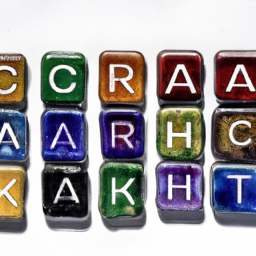
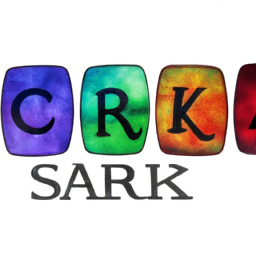
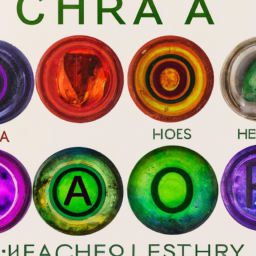
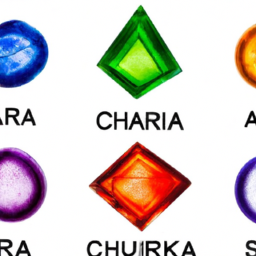
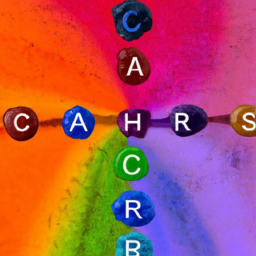
Fascinating history
MasonMcCall: Great question!
This is an intriguing topic – I’m curious to learn more!
Agreed, this is a great topic to explore!